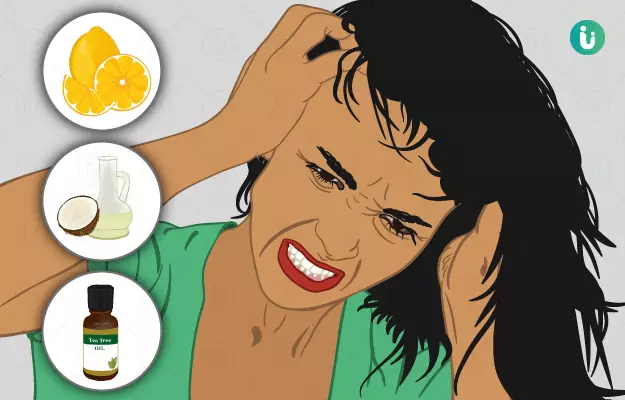A commonly occurring and potentially embarrassing problem is an itchy scalp. You might be out on a date, in an important meeting, and your thoughts are dominated by the irritating itch—and it takes a lot of willpower to not scratch it.
These situations can become more frequent in the hotter months. Most commonly, dandruff and seborrheic dermatitis are the causes of an itchy scalp. In other instances, psoriasis and eczema can play a role as well. If you find that the itching is getting worse or you are beginning to lose hair in patches, visit your doctor.
Most of the time, though, there is no reason to despair. Anti-dandruff or prescription shampoos can take care of most itches.
There are also many home remedies you can try. Here is a short list:







































